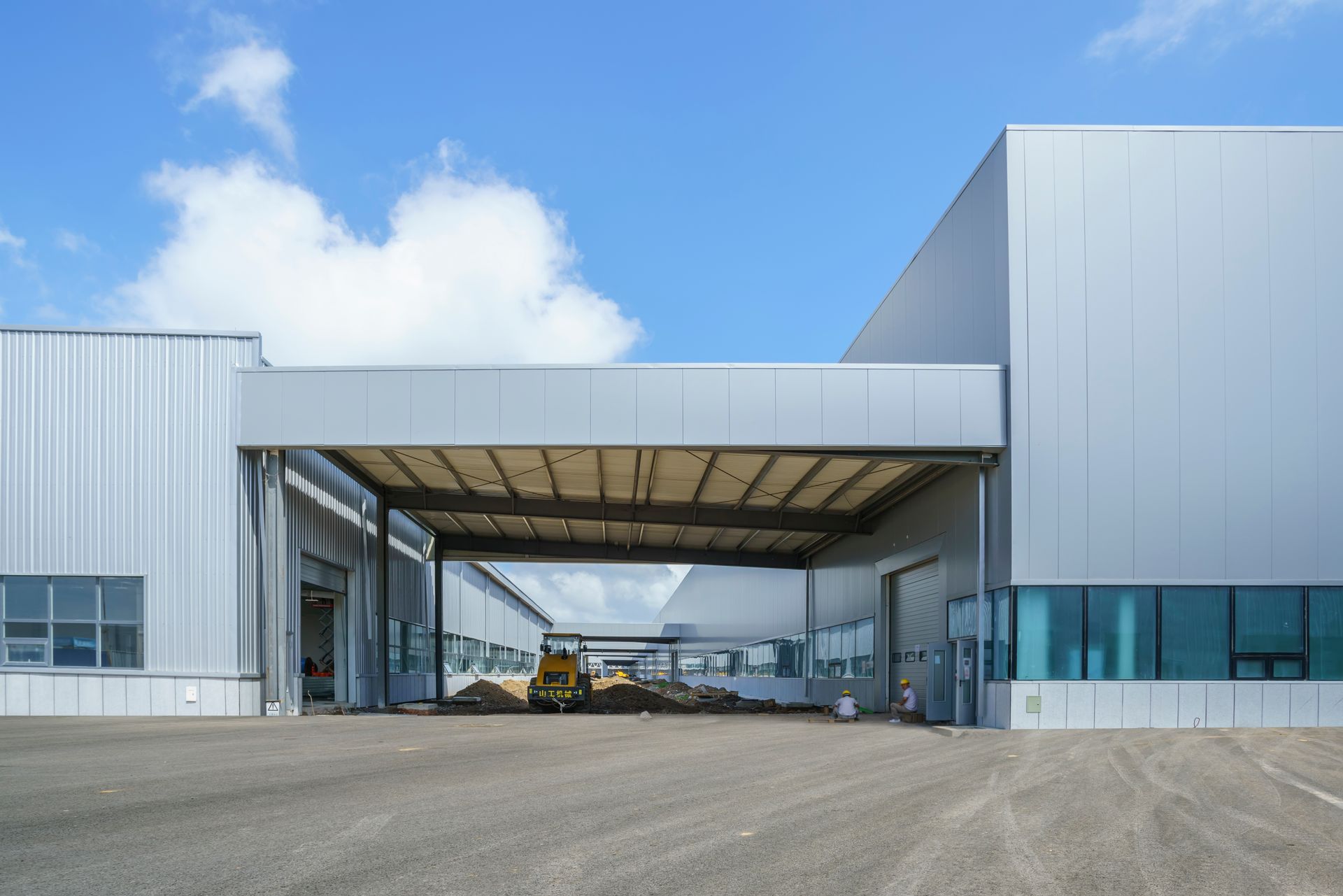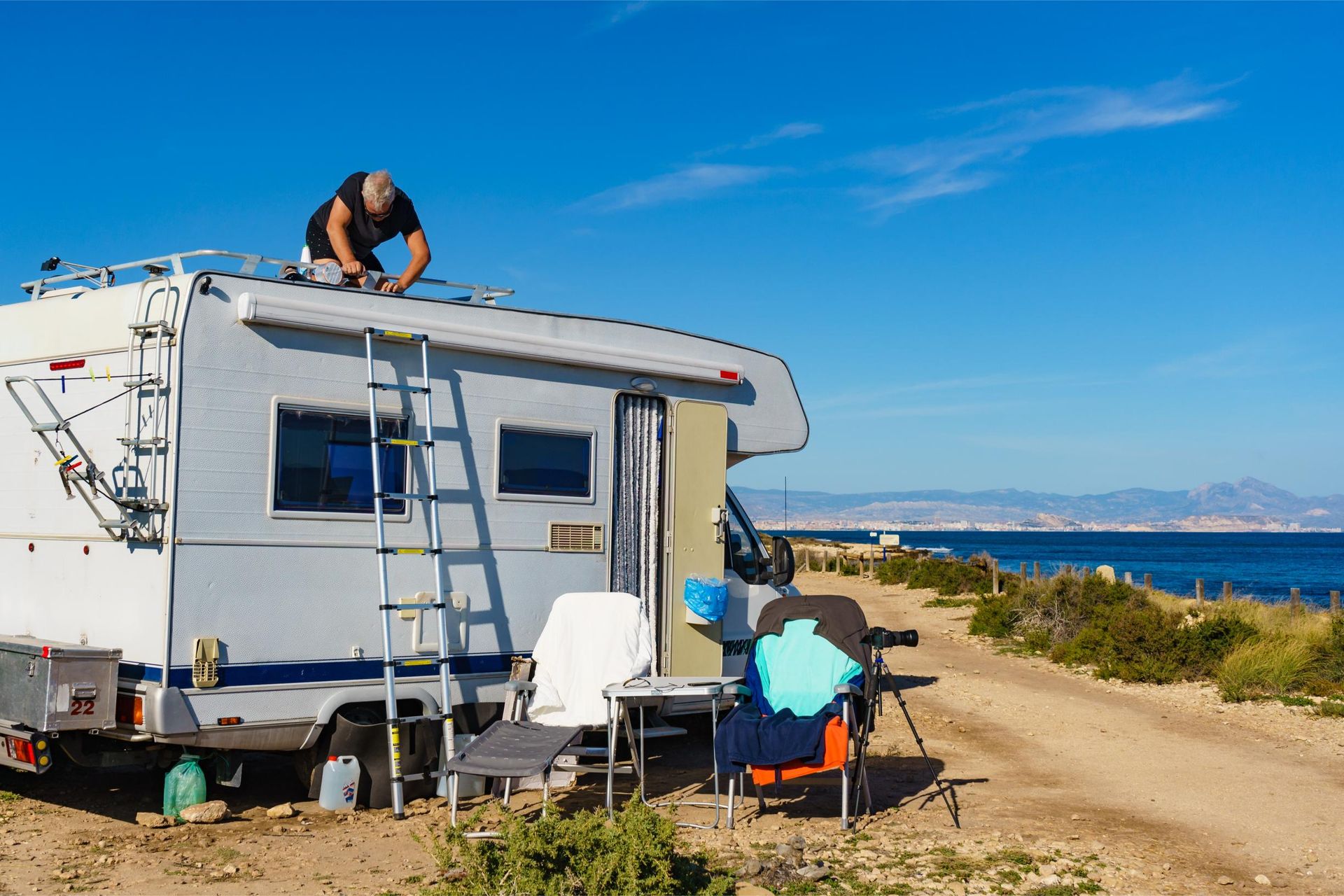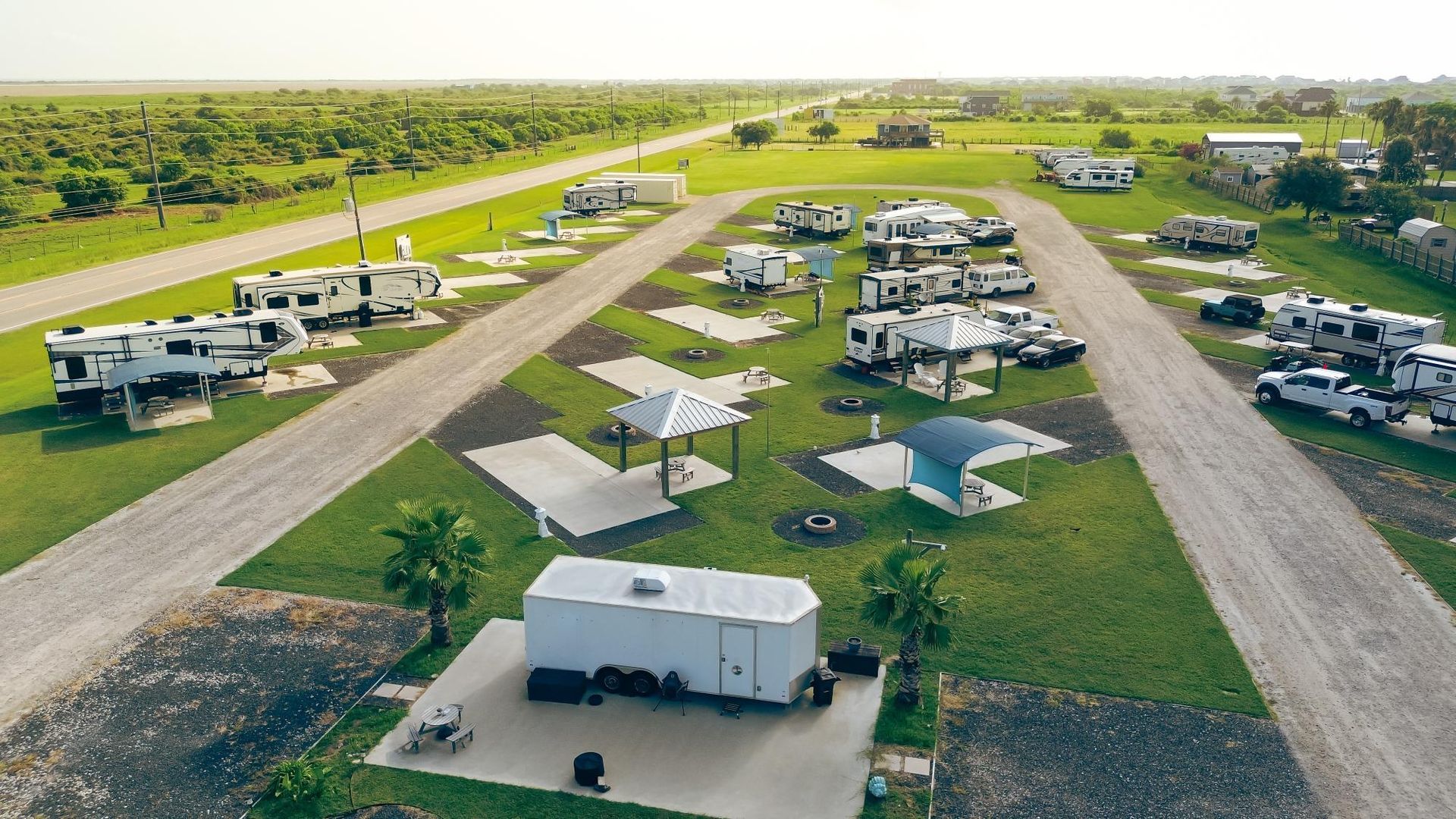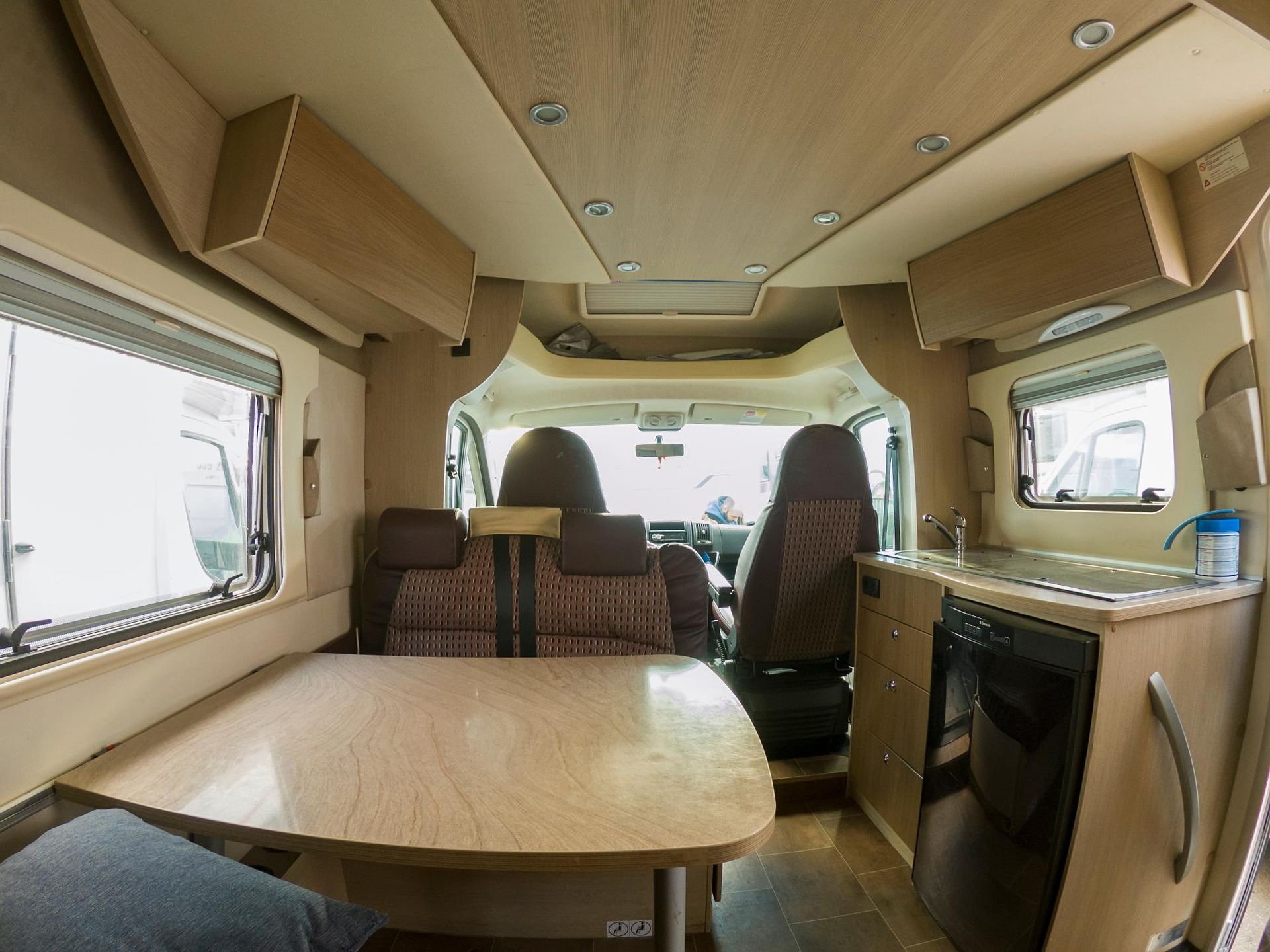How Seasonal Weather in Kansas City Affects Your RV: The Case for Localized Storage Solutions

Table of Contents
- Understanding Kansas City’s Challenging Climate
- How Seasonal Changes Impact Your RV
- Why Indoor and Covered Storage Is Critical
- What to Look for in Localized RV Storage
- Real Benefits of Choosing Localized Storage Solutions in Kansas City
- Final Thoughts: Protecting Your RV Year-Round
Key Takeaways
- Kansas City’s weather can lead to costly RV damage if not properly mitigated.
- Seasonal threats include ice, hail, UV damage, humidity, and sudden temperature changes.
- Choosing localized RV storage provides climate protection, drainage advantages, and peace of mind.
- Localized storage solutions in Kansas City are tailored to handle the region’s unpredictable weather.
- Covered, secure, and well-maintained storage options can extend your RV’s lifespan significantly.
Weather Challenges in Kansas City That Demand Localized Storage Solutions
Kansas City’s four-season climate is both a charm and a challenge. From snowstorms in January to humid heat waves in July and unpredictable thunderstorms in spring and fall, every season delivers its own threats to RVs left outdoors. If you own a recreational vehicle in this region, understanding the weather’s effects—and how localized RV storage can safeguard your investment—is essential.
At Kansas City RV Storage, we’ve seen firsthand how seasonal RV storage plays a critical role in preventing wear, tear, and deterioration. This blog outlines what you need to know and how localized storage solutions can make all the difference.
Understanding Kansas City’s Challenging Climate
Kansas City sits at a climatic crossroads. The city experiences wide seasonal temperature swings, high humidity, and extreme weather events including:
- Winter storms with snow, sleet, and ice
- Spring tornadoes and thunderstorms
- Hot, humid summers with intense UV exposure
- Fall temperature dips and windy conditions
This mix creates a high-risk environment for RV exteriors, roofs, tires, and internal systems. Prolonged exposure without protection can shorten the life of your vehicle, reduce resale value, and increase maintenance costs.
How Seasonal Changes Impact Your RV
1. Winter Woes: Snow, Ice, and Salt Damage
During Kansas City’s winters, snow accumulation and ice can wreak havoc on your RV. Frozen water can crack seals, damage roofs, and create mold or mildew issues inside.
Salt from nearby roads or melting agents also increases the risk of corrosion to metal frames, undercarriages, and wheel wells.
2. Spring Storms and Hail Events
Spring often brings strong winds, lightning, hailstorms, and flooding—all hazardous for parked RVs. A single hailstorm can puncture roofing material or shatter skylights and vents.
3. Summer Heat and UV Exposure
Unrelenting sunlight during Kansas City summers degrades rubber, seals, and tires. UV exposure causes fading of exterior paint, cracking of plastic, and breakdown of roof coatings.
4. Fall Fluctuations
As temperatures drop and wind picks up, fallen leaves can clog drains and create moisture traps. Shifting temperatures can also expand and contract seals, leading to cracks or water ingress.
Why Indoor and Covered Storage Is Critical
RVs are built for adventure, but they’re not built to sit unprotected in extreme environments. That's where localized storage solutions shine—offering:
- Climate-controlled indoor units to prevent temperature swings
- Covered parking to shield from hail, UV rays, and precipitation
- Gravel or paved surfaces with proper drainage
- Snow-removal readiness to ensure safe access during winter
By choosing seasonal RV storage with these features, you significantly reduce maintenance and repair costs over time.
What to Look for in Localized RV Storage
When searching for localized RV storage in Kansas City, prioritize facilities that are tailored to local weather realities. Here are the key features to consider:
1. Location and Accessibility
Ensure your RV storage facility is within a reasonable driving distance for easy access—especially if you plan on using your RV seasonally.
2. Covered and Indoor Options
Covered or fully enclosed storage protects from sun, snow, and hail. It’s especially valuable for preserving your RV’s roof and seals.
3. Drainage and Elevation
A quality storage lot should be engineered with drainage in mind. Standing water around your RV can lead to rust or create a breeding ground for pests.
4. Security Measures
Look for gated access, surveillance cameras, and on-site management. Protecting your RV from theft and vandalism is just as important as protecting it from the elements.
5. Snow and Ice Management
Facilities equipped with snow-removal protocols ensure you can access your RV even after a heavy snowfall—no shoveling necessary.
Real Benefits of Choosing Localized Storage Solutions in Kansas City
Let’s break down the practical advantages of using localized storage solutions designed specifically for Kansas City’s climate:
- Prevent Roof Leaks and Seal Damage: Constant exposure to moisture and UV light leads to early failure of rubber roof membranes. Covered storage extends the life of your roof significantly.
- Protect Tires and Suspension: Parking your RV on proper surfaces (instead of grass or unpaved ground) reduces tire dry rot and prevents sinking or warping.
- Maintain Battery and Systems Health: Climate-controlled units allow you to store batteries and sensitive electronics without fear of freezing or overheating.
- Save on Long-Term Costs: Reduced exposure to weather means fewer repairs, lower insurance claims, and a higher resale value.
- Local Expertise: Facilities that operate in Kansas City know the climate inside and out—they prepare for hail, freeze-thaw cycles, and seasonal flooding so you don’t have to.
Final Thoughts: Why Localized Storage Solutions Make All the Difference
Kansas City’s unique weather conditions can take a toll on even the best RVs. Rather than leaving your vehicle exposed to ice, hail, UV rays, and sudden storms, invest in localized storage solutions that are designed with your needs—and the local climate—in mind.
At Kansas City RV Storage, we offer secure, weather-ready seasonal RV storage options tailored to protect your investment year-round. Whether you’re storing for winter or just between trips, our localized RV storage options provide peace of mind and premium protection. Contact us today at (816)-290-6567 or send us an email at kansascityrvstorage@gmail.com to learn more about our services.
Frequently Asked Questions
1. How do localized storage solutions help protect RVs in Kansas City's weather?
Localized storage solutions offer protection specifically tailored to Kansas City's climate. From covered parking that shields against hail and UV rays to drainage systems that prevent flooding during heavy rain, these solutions are designed to combat the city’s unpredictable weather patterns year-round.
2. What are the advantages of using localized RV storage over general parking options?
Localized RV storage provides weather-conscious amenities such as climate-controlled units, reinforced roofing, and secure access. Unlike standard lots or outdoor driveways, these facilities take regional threats like humidity, snow buildup, and spring storms into account, offering long-term protection for your RV.
3. Why is seasonal RV storage important in Kansas City?
Kansas City’s four-season climate makes seasonal RV storage essential for vehicle longevity. Storing your RV during winter prevents freezing damage, while summer storage helps avoid UV exposure and tire degradation. Each season brings unique risks that seasonal RV storage can help mitigate effectively.
4. What should I look for in localized storage solutions for my RV?
When choosing localized storage solutions, look for features like covered or enclosed storage units, security surveillance, snow removal services, and climate control. These are especially valuable in Kansas City where seasonal weather can be harsh on unprotected vehicles.
5. Can seasonal RV storage save me money in the long run?
Yes, investing in seasonal RV storage can reduce long-term repair and maintenance costs caused by weather-related damage. By utilizing localized RV storage, you minimize the risk of issues like roof leaks, rust, and tire dry rot, ultimately preserving your RV’s value.


